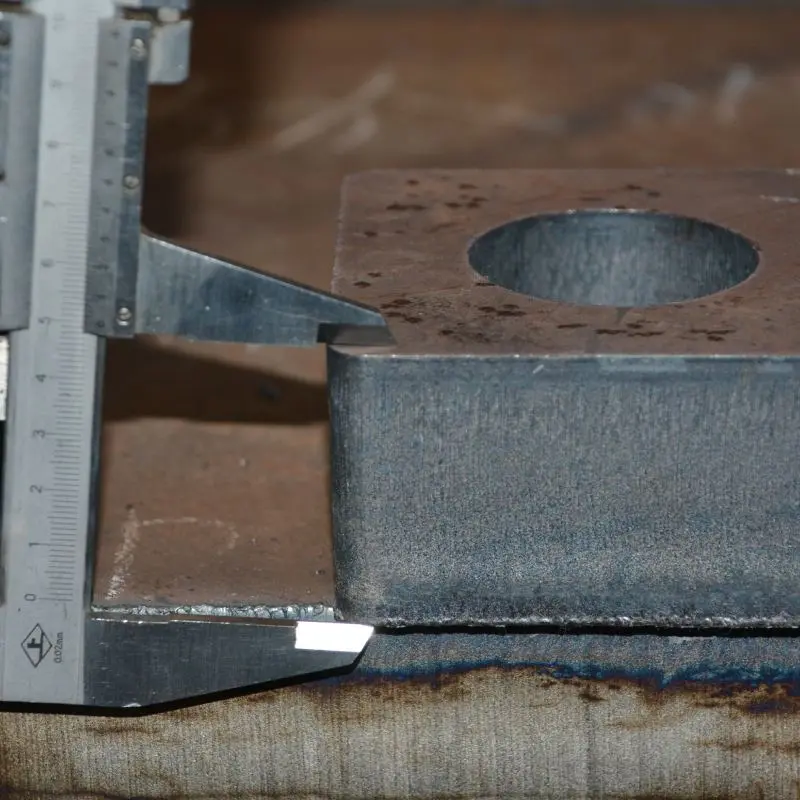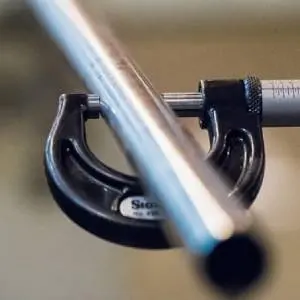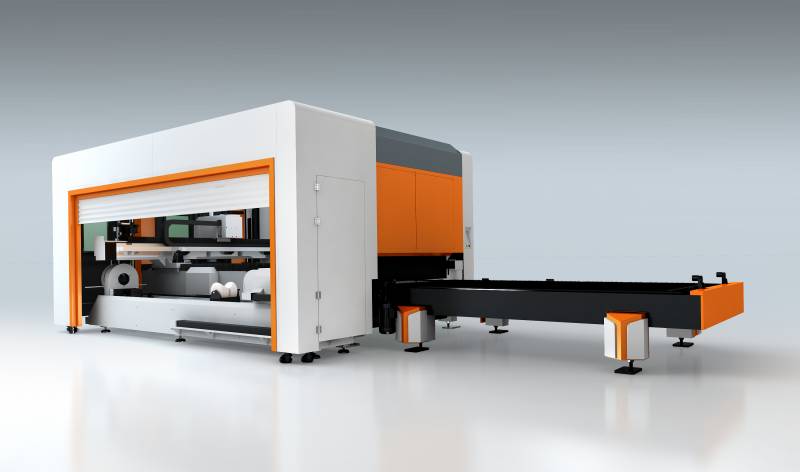****
In today’s manufacturing landscape, the demand for precision, efficiency, and versatility is more prominent than ever. Industries ranging from aerospace to automotive are constantly seeking innovative solutions to enhance their production processes. Enter CNC machines for metal – a transformative technology that has redefined the way metal components are designed and fabricated. Understanding the intricacies and advantages of CNC (Computer Numerical Control) machines for metalworking is essential for businesses looking to stay competitive and meet the high standards of modern manufacturing.
What is CNC Machining?

Revolutionizing Metal Fabrication: Exploring the Benefits and Applications of CNC Machines for Metalworking
CNC machining is a subtractive manufacturing process that utilizes pre-programmed computer software to dictate the movement of machinery and tools. CNC machines can automate a variety of processes, including drilling, milling, turning, and grinding, which are essential in shaping and finishing metal parts. Unlike traditional machining methods that rely heavily on manual operation, CNC technology provides enhanced accuracy and repeatability.
Key Components of CNC Machines for Metal
CNC machines come in various forms, but the most common types include CNC mills, CNC lathes, and CNC plasma cutters. Each type serves a unique purpose and has specific features suited for different metalworking tasks:
1. **CNC Mills**: Equipped with rotating cutting tools, CNC mills can produce complex geometries and are often employed for machining flat or three-dimensional parts from solid metal blocks.
2. **CNC Lathes**: These machines use a rotating workpiece and stationary cutting tools to create cylindrical shapes. CNC lathes are particularly useful for producing components like shafts, pins, and tubes.
3. **CNC Plasma Cutters**: Designed for cutting through metal plates using high-temperature plasma, these machines are ideal for large sheets and can handle thicker materials than conventional cutting techniques.
Benefits of Using CNC Machines for Metal
1. **Precision and Accuracy**: CNC machines are extraordinarily precise, enabling manufacturers to create intricate designs with tight tolerances. This accuracy minimizes the likelihood of errors and reduces waste material, leading to cost savings and higher productivity.
2. **Repeatability**: Once a design is programmed into the CNC machine, it can produce the same part multiple times without variation. This repeatability is crucial for production runs where uniformity is required.
3. **Complex Shapes and Designs**: CNC machining allows for the creation of complex shapes that would be challenging or impossible to achieve through manual machining. This capability opens up new design possibilities for engineers and designers.
4. **Automation and Reduced Labor Costs**: CNC machines can operate autonomously, which reduces the need for skilled labor to oversee every machining operation. This automation leads to decreased production times and labor costs.
5. **Safety**: With automated processes, operators are afforded greater safety as they are less exposed to moving parts and hazardous materials compared to traditional machining setups.

Revolutionizing Metal Fabrication: Exploring the Benefits and Applications of CNC Machines for Metalworking
Industries That Benefit from CNC Machines for Metal
The versatility of CNC machines makes them suitable for a wide range of industries:

Revolutionizing Metal Fabrication: Exploring the Benefits and Applications of CNC Machines for Metalworking
– **Aerospace**: In this highly regulated industry, precision is paramount. CNC machining is employed to manufacture critical components, including airframes and engine parts.
– **Automotive**: From creating engine blocks to intricate interior fixtures, CNC machines streamline the production of automotive parts, facilitating rapid prototyping and mass production.
– **Manufacturing**: CNC machines play a vital role in general manufacturing, enabling the production of everything from consumer products to industrial machinery components.
– **Medical**: Precision is essential in the medical field, where CNC machining is used to create prosthetics, surgical tools, and implants that meet stringent health standards.
Conclusion
CNC machines for metal have become a cornerstone of modern manufacturing, offering unparalleled precision, efficiency, and design flexibility. As industries continue to innovate and adapt to new challenges, the role of CNC machining will inevitably grow. By understanding the advantages and applications of CNC technology, businesses can harness its potential to enhance their metalworking capabilities, streamline operations, and ultimately drive success in an increasingly competitive marketplace. As technology continues to evolve, CNC machines will remain integral in shaping the future of metal fabrication. Fibre Laser 4kw
